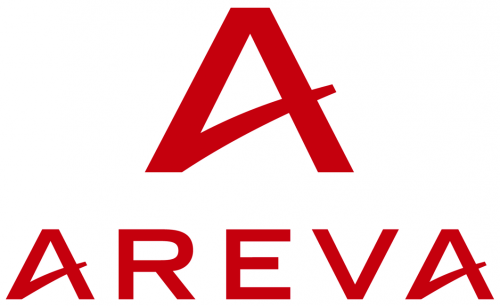 Heavily dependent on oil imports from around the region to meet the energy demand of its citizens, Jordan is opting to construct a nuclear plant to ease the pressure. The multimillion dollar facility is facing very tense criticism and opposition by the citizens, especially the Islamists.
Heavily dependent on oil imports from around the region to meet the energy demand of its citizens, Jordan is opting to construct a nuclear plant to ease the pressure. The multimillion dollar facility is facing very tense criticism and opposition by the citizens, especially the Islamists.
Environmental effects and financial constraints are being echoed. On the political front, the Islamic Action Front (IAF) considers the project to be out of the needs of the citizens. Exposure to dangerous political, economic, social, financial, health, environmental and security risks will be maximized by the project at the expense of cheap electricity was voiced out by the party.
The government has embarked on a public campaign to lure the citizens to support the idea for the sake of their independence in the energy sector. Despite protests from the occupants of the to-be site of the atomic plant, the Jordan Nuclear Commission has chosen a French nuclear power contractor AREVA to execute the plan while awaiting IAEA’s approval. Funding for the project is yet to be assured with construction to begin in 2013. The Jordanian-French Uranium Mining Company, a consortium formed by AREVA and Jordan Energy Resources Inc., has been conducting exploratory activities for uranium mining in the central region since 2009.
With this project, Jordan is looking forward to becoming an electricity exporter with the reactor to reach a capacity of 1,000 megawatt before 2024. Doubts are being cast that Jordan doesn’t have enough uranium for such a gigantic project.
The project has suffered setbacks in the past and critics prioritize the exploitation of renewable energy because they require lesser investments compared to the nuclear project. The winds in the western hills of the Jordan valley and the sunlight in the southern and eastern deserts are seen as wiser options.
Jordan: Plans for a nuclear plant
